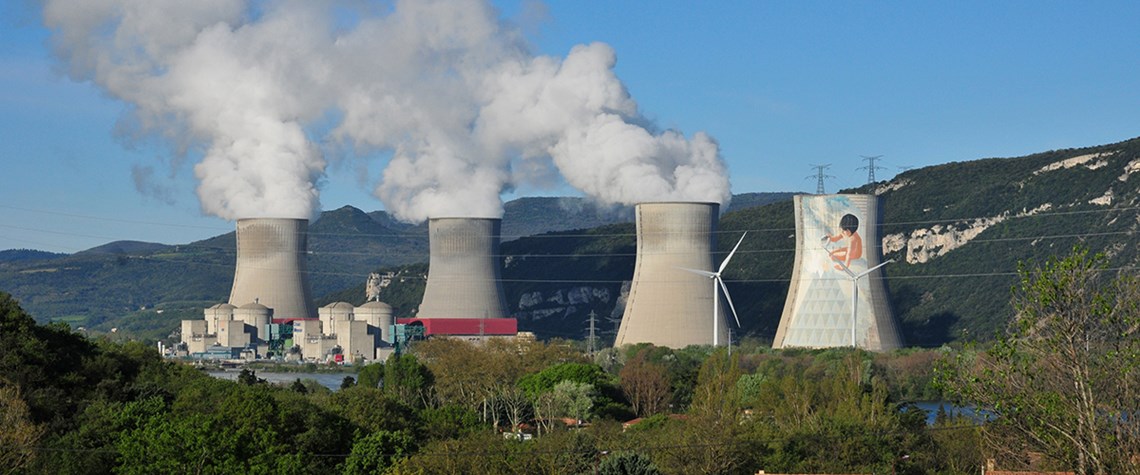Europe's black and green stuff
Europe's energy supply mix is changing again. It won’t be good news for the climate targets
From the French love affair with the atom to the nuclear phase-out in Germany, from the carbon-free current in Sweden to the 80% coal electricity mix of Poland, the EU's energy market, despite all the efforts to build common policies, is still characterised as much by its variety as its commonality. This is not about to change, but the balance will probably shift as the three biggest European economies review their energy choices. Germany became the standard-bearer for energy transition in 2000 when the red-green coalition decided to replace nuclear power with renewable energy in 20 years. Germany's nuclear phase-out is now planned to end in 2022 and is likely to succeed: 11 of the 19 reacto

Also in this section
4 March 2026
The US president has repeatedly promised to lower gasoline prices, but this ambition conflicts with his parallel aim to increase drilling and could be upended by his war against Iran
4 March 2026
With the Strait of Hormuz effectively closed following US-Israel strikes and Iran’s retaliatory escalation, Fujairah has become the region’s critical pressure release valve—and is now under serious threat
3 March 2026
The killing of Iran’s Supreme Leader Ayatollah Khamenei in US–Israeli strikes marks the most serious escalation in the region in decades and a bigger potential threat to the oil market than the start of the Russia-Ukraine crisis
2 March 2026
A potential blockade of the Strait of Hormuz following the escalating US-Iran conflict risks disrupting Qatari LNG exports that underpin global gas markets, exposing Asia and other markets to sharp price spikes, cargo shortages and renewed reliance on dirtier fuels







